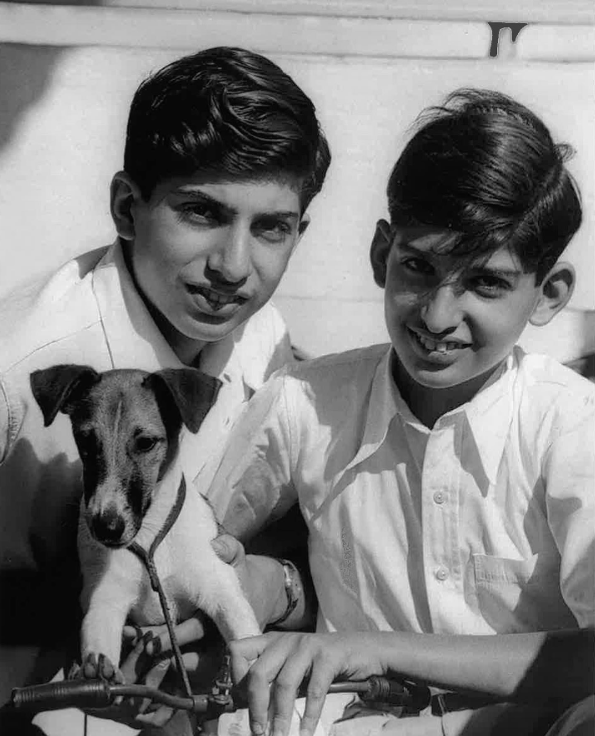It seems like the end of an era – both for the business community and the country. With Ratan Tata’s passing, India has lost one of its most cherished gems. Ratan Tata was more than a businessman; he was a symbol of integrity, ethical leadership, and philanthropy.
A transformative leader, Ratan Tata’s role in putting Indian businesses in the global map will always be etched in our memories. His tenure as chairman from 1991 to 2012 marked a significant shift in the company’s trajectory, steering its course from a domestic focus to a formidable global presence.
When Ratan Tata stepped into the role of Tata Group Chairman in 1991, the Indian business landscape was undergoing a seismic shift. India was opening its doors to the world. He recognised that the organisation needed to evolve beyond its traditional way of doing business. He famously said, “None can destroy iron, but its own rust can. Likewise, none can destroy a person, but their own mindset can.” He initiated a cultural transformation by replacing long-serving executives like Russi Mody, Ajit Kerkar and Darbari Seth and ushered in a new generation of leaders, who brought fresh perspectives and business processes to the table. This shift was crucial in making the Tata Group more agile and innovative – gearing up for the demands of globalisation.

Ratan Tata’s vision extended far beyond the Indian subcontinent. He dreamt of transforming Tata from a respected Indian brand to a global force. One of Ratan Tata’s pivotal moves was to internationalize TCS’s operations. His global ambition further led to several landmark acquisitions, each one carefully chosen to complement the group’s capabilities and extend its reach. The acquisition of Tetley in 2000 was the first step in this direction. With this bold move, Tata Tea positioned itself as a global player. This was followed by the purchase of Corus in 2007, a transaction that catapulted Tata Steel into the ranks of the world’s largest steel producers. But the acquisition that truly showcased Ratan Tata’s strategic audacity was Tata Motors’ purchase of Jaguar Land Rover in 2008. Amidst a struggling automotive market, he saw an opportunity to own two iconic British brands. Many critics doubted the move, questioning its timing and feasibility, but Ratan Tata’s bet paid off, turning JLR into a hugely profitable entity and enhancing Tata Motors’ stature as a global automotive player.
Innovation was always close to Ratan Tata’s heart. He envisioned Tata companies as industry leaders, not just in market share but in their approach to innovation and technology. He fostered a culture of creativity, encouraging Tata companies to think beyond established norms. Even in industries like steel and automobiles, his focus on advanced manufacturing techniques, sustainability, and future-proofing operations became the gold standard for Tata companies.

One of his most ambitious projects was the Tata Nano, a car that aimed to make safe mobility accessible to millions of Indian families. The Nano was a manifestation of Ratan Tata’s ingenuity and passion for engineering. Although it faced numerous challenges and didn’t achieve commercial success, the Nano was a testament to his belief in delivering value through resourceful engineering.
His passion for innovation remained strong as ever even after his retirement. He was the country’s most sought-after angel investor and played an active role in mentoring several new-age ventures. He was one of the early backers of tech-leaders of today like Ola, Paytm, Lenskart, Curefit, Moglix, Upstox, Zivame, FirstCry.

Can you blur / erase the text on the top right hand side of the image
Ratan Tata’s greatness was not only about what he built; it was also about what he left behind. After leading the Tata Group for over two decades and navigating through one of corporate India’s toughest succession battles, he ensured a seamless leadership transition by appointing a professional management team headed by N. Chandrasekaran in 2017. This move symbolised his belief in meritocracy and professionalism over familial control. His appointment marked the first time the group’s leadership baton was passed to a non-family professional, breaking away from the typical Indian conglomerate model. Under Chandra’s leadership, the Tata Group has continued to consolidate its position, invest in future technologies, and focus on sustainable growth—all while remaining true to the values instilled by Ratan Tata.
Ratan Tata’s influence extended far beyond the balance sheets. He became a driving force behind Tata Trusts. Under his leadership, Tata Trusts expanded its reach, focusing on healthcare, education, rural development, and the upliftment of marginalized communities. His work here reflected his deep-rooted belief in business as a force for societal good.

Ratan Tata’s set the bar high for what it means to run a global enterprise. Even in moments of corporate conflict, Ratan Tata remained dignified and measured. He will be remembered for a long time to come for many things. Foremost among that will be his love for the simple things in life and an undying passion for excellence. For me his epitaph will read “I have fought the good fight, I have finished the race, I have kept the faith”.



